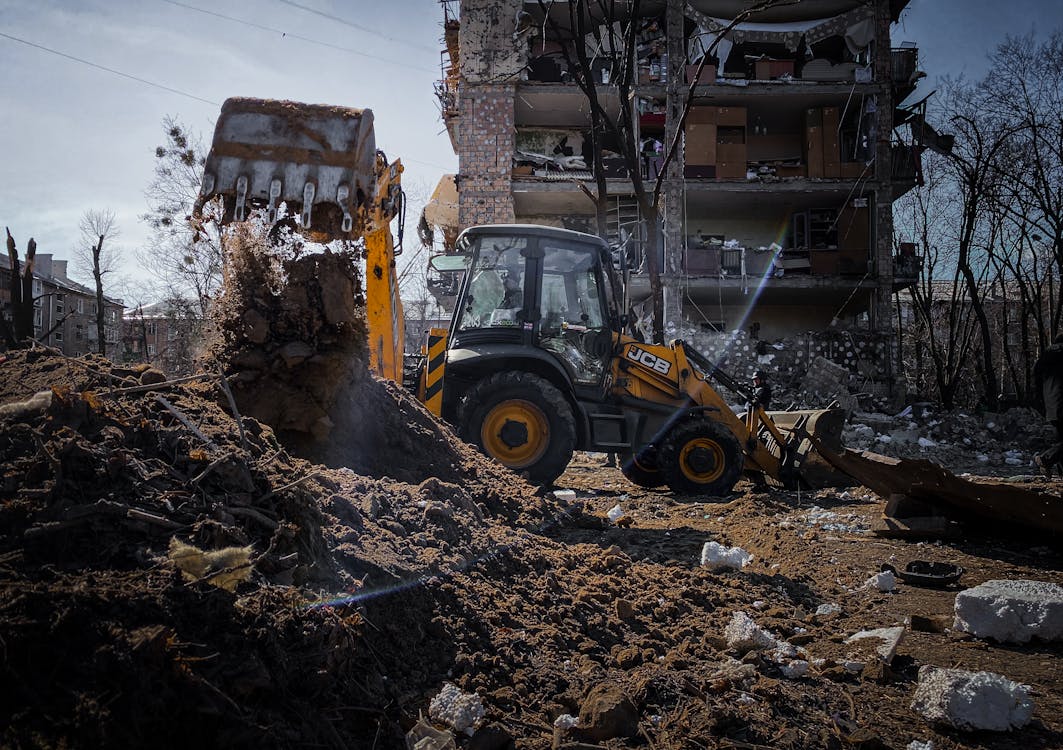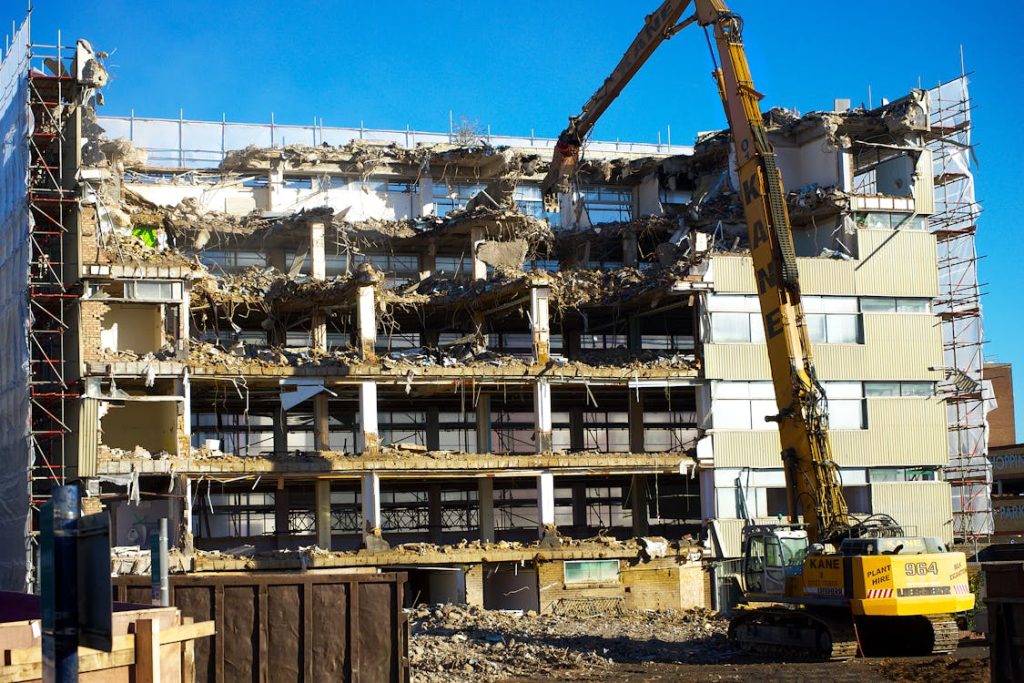Excavation and demolition are crucial stages in any construction or renovation project. Whether you’re building a new structure, expanding your property, or clearing a site, these processes lay the groundwork for success. In Durham, where construction and development are booming, it’s essential to approach excavation and demolition with the right knowledge and strategy. This guide will provide actionable tips to help you manage your project effectively and ensure the best results.
Understand the Scope of Your Project
The first step in any excavation or demolition project is to clearly understand the scope of the work. This involves knowing what needs to be done, the scale of the project, and the specific requirements of the site. Whether you’re demolishing an old building or excavating land for a new foundation, each project will have unique challenges.
- Demolition: This process involves safely tearing down existing structures. It requires careful planning to manage debris, protect surrounding areas, and comply with local regulations.
- Excavation: Excavation is the process of removing earth, rock, or other materials to prepare a site for construction. This step is critical for laying foundations, installing utilities, and creating drainage systems.
- Waterproofing: Waterproofing is often an essential part of the excavation process, especially in Durham’s variable climate. Proper waterproofing ensures that your foundation and other structures are protected from water damage, which can lead to long-term issues.
By understanding the full scope of your project, you can better plan and allocate resources, ensuring that everything is done efficiently and safely.
Prioritize Safety and Compliance
Safety should always be a top priority in any excavation or demolition project. These activities involve significant risks, including the potential for injury, property damage, and environmental hazards. To mitigate these risks, it’s crucial to work with professionals who are experienced and knowledgeable in safety protocols.
- Hire Licensed Contractors: Ensure that the contractors you hire are licensed and insured. This guarantees that they have the necessary training and qualifications to perform the work safely and effectively. In Durham, it’s also important to ensure that they are familiar with local building codes and regulations.
- Obtain Necessary Permits: Before starting any excavation or demolition work, make sure all required permits are in place. Failing to obtain the proper permits can result in fines, delays, and even legal action. Your contractor should assist with this process, ensuring that everything is in compliance with local laws.
- Plan for Waste Disposal: Demolition and excavation generate a significant amount of waste, including hazardous materials. It’s important to have a plan in place for proper disposal. This not only keeps your site safe and organized but also ensures that you are adhering to environmental regulations.
Consider the Impact on Surrounding Areas

Excavation and demolition projects can have a significant impact on the surrounding environment, including neighbouring properties and the local ecosystem. It’s essential to plan for these impacts and take steps to minimize them.
- Erosion Control: Excavation can lead to soil erosion, which can cause problems both on your site and in surrounding areas. Implementing erosion control measures, such as silt fences or retaining walls, can help prevent this.
- Noise and Dust Management: Demolition work can be noisy and create a lot of dust. To minimize disruption to nearby residents and businesses, consider scheduling work during less busy times and using dust suppression techniques.
- Protecting Nearby Structures: If your project is near other buildings, it’s important to take steps to protect these structures from damage. This might involve reinforcing neighbouring walls or monitoring for movement during excavation.
Invest in Professional Expertise
While it might be tempting to cut costs by handling certain aspects of your project yourself, excavation and demolition are not areas where you should compromise. Hiring professionals who specialize in these services ensures that the work is done safely, efficiently, and to a high standard.
- Experienced Demolition Contractors: Demolition involves more than just knocking down walls. It requires careful planning, the right equipment, and a thorough understanding of the structure being demolished. Experienced contractors can navigate these challenges and ensure a successful outcome.
- Skilled Excavation Teams: Excavation is a precise science that requires knowledge of soil types, drainage patterns, and foundation requirements. A skilled excavation team can assess the site conditions and adjust their approach to ensure stability and safety.
- Waterproofing Specialists: Waterproofing is an often-overlooked aspect of excavation, but it’s critical for long-term structural integrity. A waterproofing specialist can help you choose the right materials and techniques to protect your investment.
Plan for Future Needs
When undertaking an excavation or demolition project, it’s important to think beyond the immediate needs and plan for the future. This means considering how the work being done today will impact your property down the line.
- Site Preparation: Proper site preparation during excavation can make future construction easier and more cost-effective. This might include grading the land, installing drainage systems, or even preparing the site for landscaping.
- Long-Term Waterproofing: Investing in high-quality waterproofing during the initial construction phase can save you money and headaches in the future. It’s much easier to address potential water issues now than to deal with them after your building is complete.
Final Thoughts on Managing Your Project
Successfully managing an excavation or demolition project in Durham requires careful planning, the right expertise, and a commitment to safety. By following these tips, you can ensure that your project is completed on time, within budget, and to the highest standards. Whether you’re clearing land for a new development or preparing a site for a major renovation, working with local professionals who understand the unique challenges of the area is the key to success.


